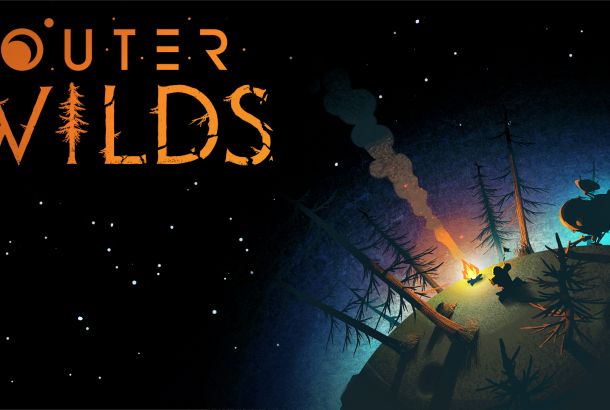Microsoft’s Mixed Messages
The biggest event in the gaming calendar is always E3, the gaming show held in Los Angeles annually. This year’s E3 did not disappoint. Microsoft and Sony wowed audiences with hordes of new details of their upcoming consoles. The Xbox One and Playstation 4 are set to launch on November 22nd and 29th respectively. The launch price for the Xbox One is £429, with the Playstation 4 coming in £70 cheaper at £349. At times like these, fans of a particular brand like to pick apart everything about their rival console. Unfortunately, Microsoft gave them a lot of fodder.
While the ideas behind the Xbox One’s controversial policy changes are innovative, MS barely even mentioned their reasoning and instead worried many gamers with talk of stricter DRM (Digital Rights Management) involving the console requiring a constant internet connection to function and a harsh cutback on the viability of used games sales. Understandably, a vocal portion of the gaming community reacted badly to this news and, in an unexpected move; Microsoft later announced that many of these new functions would be reversed with a day one software patch. A victory for video game enthusiasts?
Image source: Xbox.comNot necessarily. What Microsoft failed to emphasise about their stricter control of used games sales was that they’re aiming to adopt a system not unlike Steam, the most popular digital distribution platform for PC, Mac & Linux gaming. The main idea was to associate all of your purchases to your account. This allowed you to, for example, go to a friends house, sign in and have access to every game you own, not just the ones on your Xbox account or the ones you remembered to bring the disc for. The boxed copies of games themselves should be thought of more as a distribution system for this digital content, to save time and bandwidth for the bulky downloads. However, due to their lack of explanation, Microsoft eventually went back on this plan after a large fan backlash and will instead allow game trade-ins pretty much as before.
Microsoft made a big deal over their expansion of the Xbox Live server capabilities. From a current total of around 15,000 servers powering the service, the Xbox One will have up to 300,000 servers. This is approximately equivalent to the processing power of the entire world in 1999 and has cost Microsoft a reported $700 million to implement, perhaps explaining the higher price point on the Xbox One. They explained in a closed doors press conference at E3 through Engineering Manager Jeff Henshaw some of the potential applications of this power previously unheard-of in the current generation.
Mr Henshaw demonstrated this with an asteroid demo, and not the classic arcade game. Using data from NASA, engineers at Microsoft created a model of every single celestial body in our solar system. This tracked their trajectory and orbital position accurately, and even included everything approximately 30,000 light-years outside the system. This, Jeff explained, was being run on a single Xbox One unit. He zoomed in on a section of space between Mars and Jupiter containing about 40,000 asteroids. He elaborated that they “crammed the horsepower of ten 360s into this one elegant design that lets us do computationally insanely complex operations”. However, using the power of the cloud that every Xbox One will be able to utilise, the model generated a further 290,000 asteroids.
Image source: Xbox.comNow, this is a simple example and definitely just a demo for the benefit of the media invited to attend so all claims should be taken with a pinch of salt, but the implications of this setup are powerful. As has been pointed out several times, the Playstaion 4 seems, on paper at least, the more powerful system. However, with the power of the cloud the Xbox One would have a clear advantage. And how did Microsoft choose to tell the general public of this? By stating that they’re enforcing an “always-online” policy that meant the console would have to connect to the internet once every 24 hours to function, and some games would require constant connectivity, without explaining why.
However, shortly after E3 then-head of Xbox Don Mattrick released a statement on the Xbox blog saying: “An internet connection will not be required to play offline Xbox One games – After a one-time system set-up with a new Xbox One, you can play any disc based game without ever connecting online again. There is no 24 hour connection requirement and you can take your Xbox One anywhere you want and play your games, just like on Xbox 360. Trade-in, lend, resell, gift, and rent disc based games just like you do today – There will be no limitations to using and sharing games, it will work just as it does today on Xbox 360.” The one-time system set-up he refers to is a day-one patch that almost certainly has many engineers at Microsoft groaning at having to completely undo all of their hard work before the console even ships. The bottom line is that barring the initial installation, the Xbox One will no longer need to be connected to the internet, nor will it police your used games.







